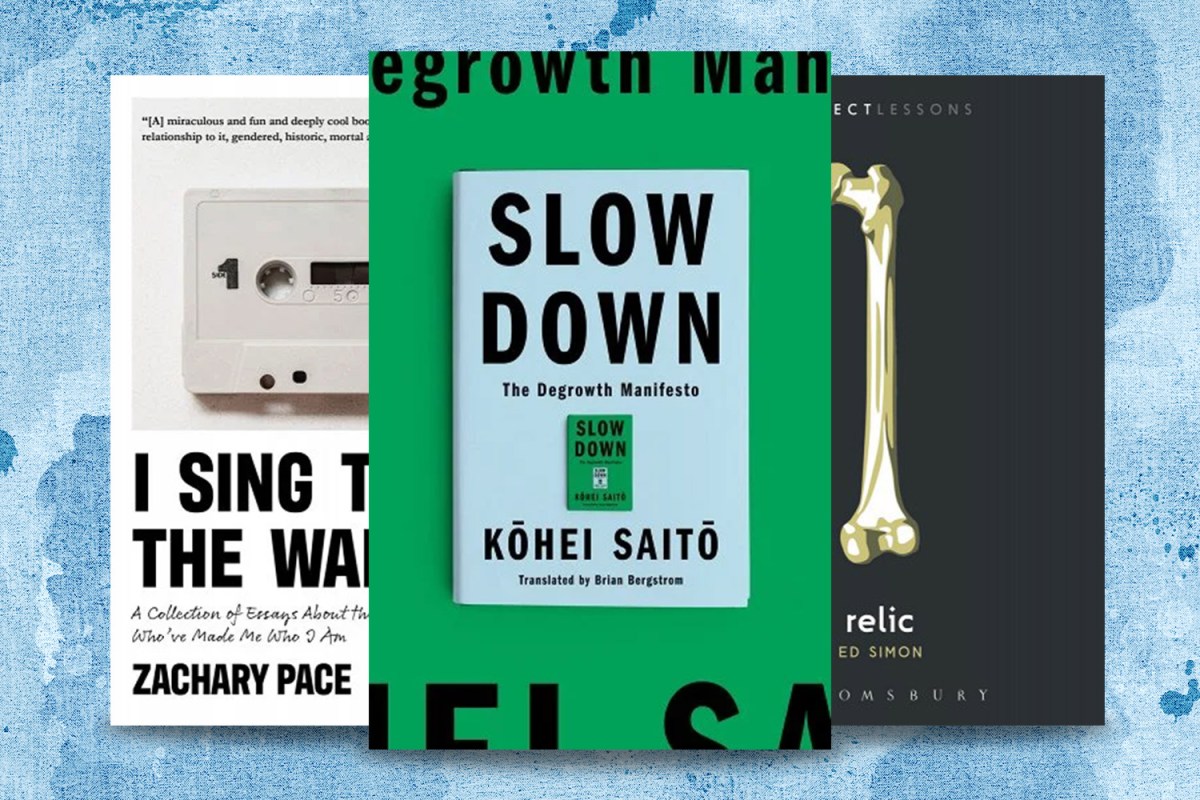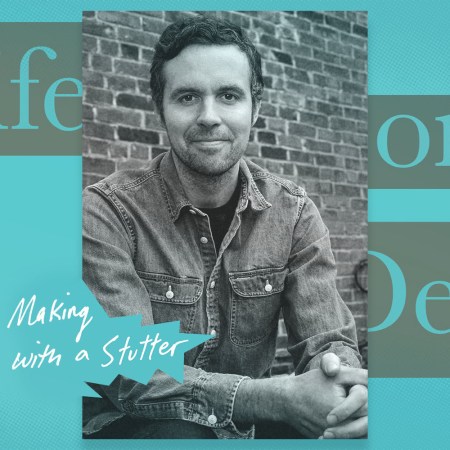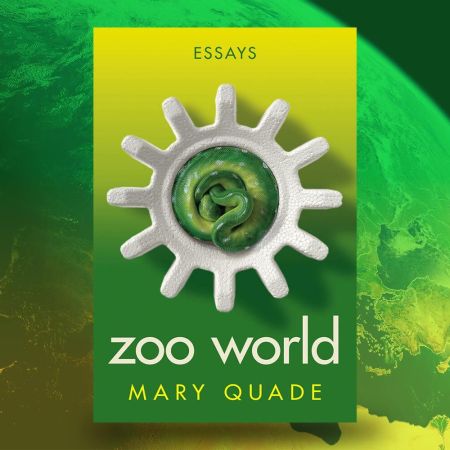With 2023 in the rearview mirror, what does the new year have in store? If this group of January books are any indication, there will be plenty to get readers thinking and talking over the course of the next 365 days. Our January recommendations include detailed looks at art history and algorithms’ effect on culture, along with haunting memoirs and thoughtful explorations of pop music. Throw a few compelling novels into the mix, and you have an array of books worth seeking out — the perfect reading material for the colder months.
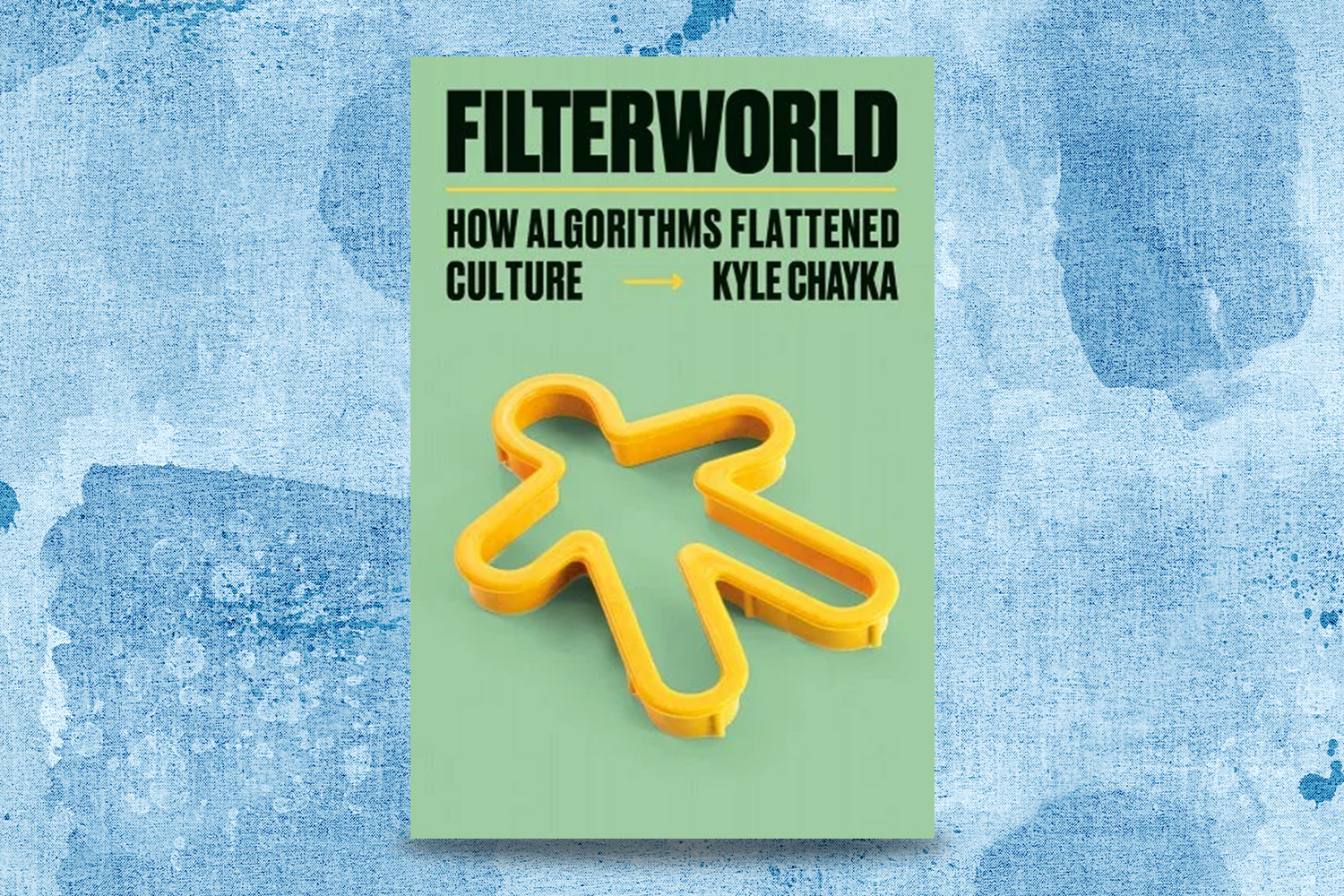
Kyle Chayka, Filterworld: How Algorithms Flattened Culture (Jan. 16)
Whether in his longform writing or his regular dispatches for The New Yorker, Kyle Chayka has established himself as a writer who’ll think deeply and unconventionally about design, technology and society. With his latest book, Filterworld, Chayka takes on an enduring question: how do algorithms impact every aspect of our lives, from popular culture to urban planning?
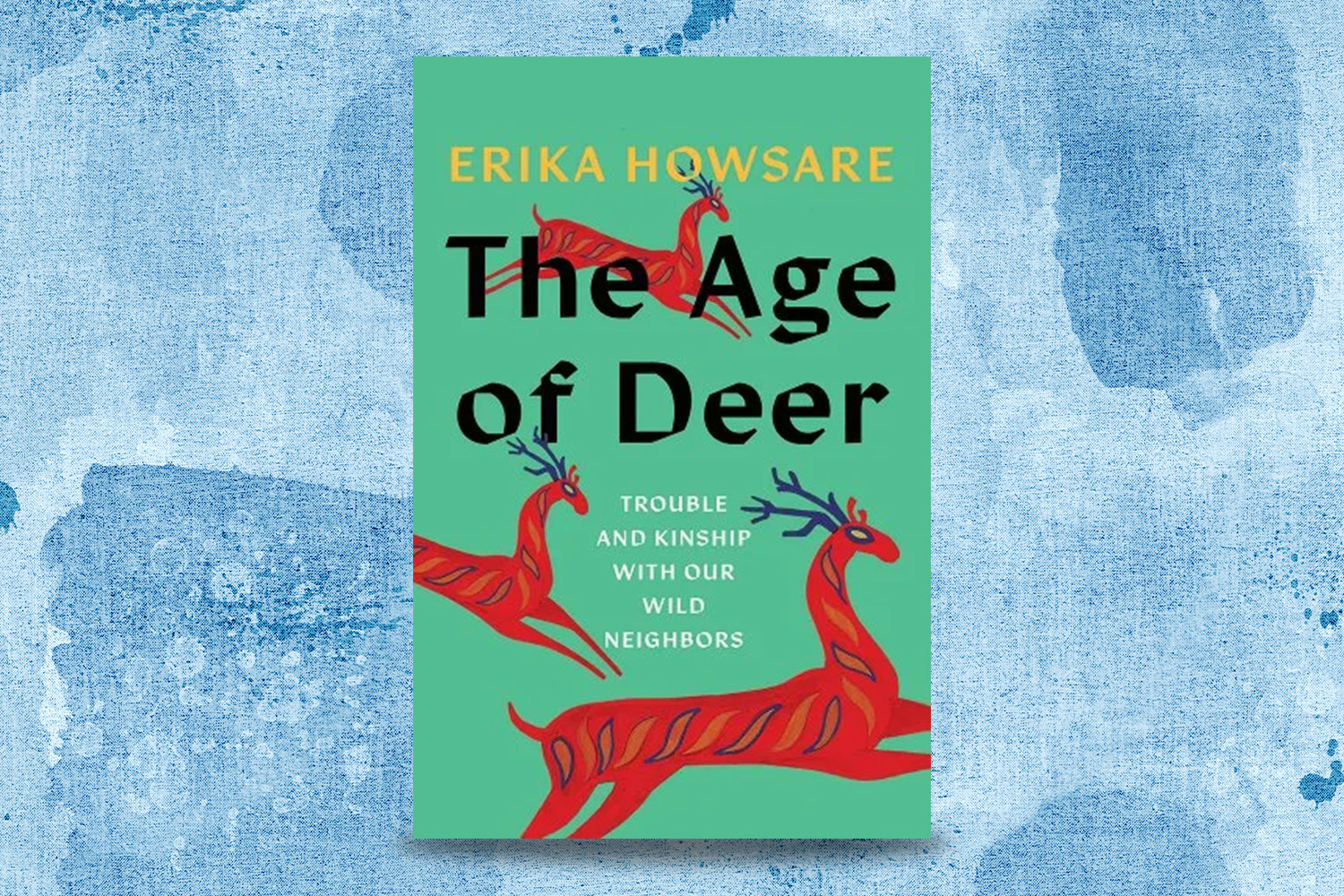
Erika Howsare, The Age of Deer: Trouble and Kinship with Our Wild Neighbors (Jan. 2)
Full disclosure: I have a habit of posting “oh deer” pretty much every time a friend posts a photo of an antlered mammal on social media. I can’t speak to the use of deer puns in Erika Howsare’s The Age of Deer, but the prospect of a deep dive into the shifting boundaries between humans and deer sounds intriguing for anyone concerned about the ever-changing natural world.
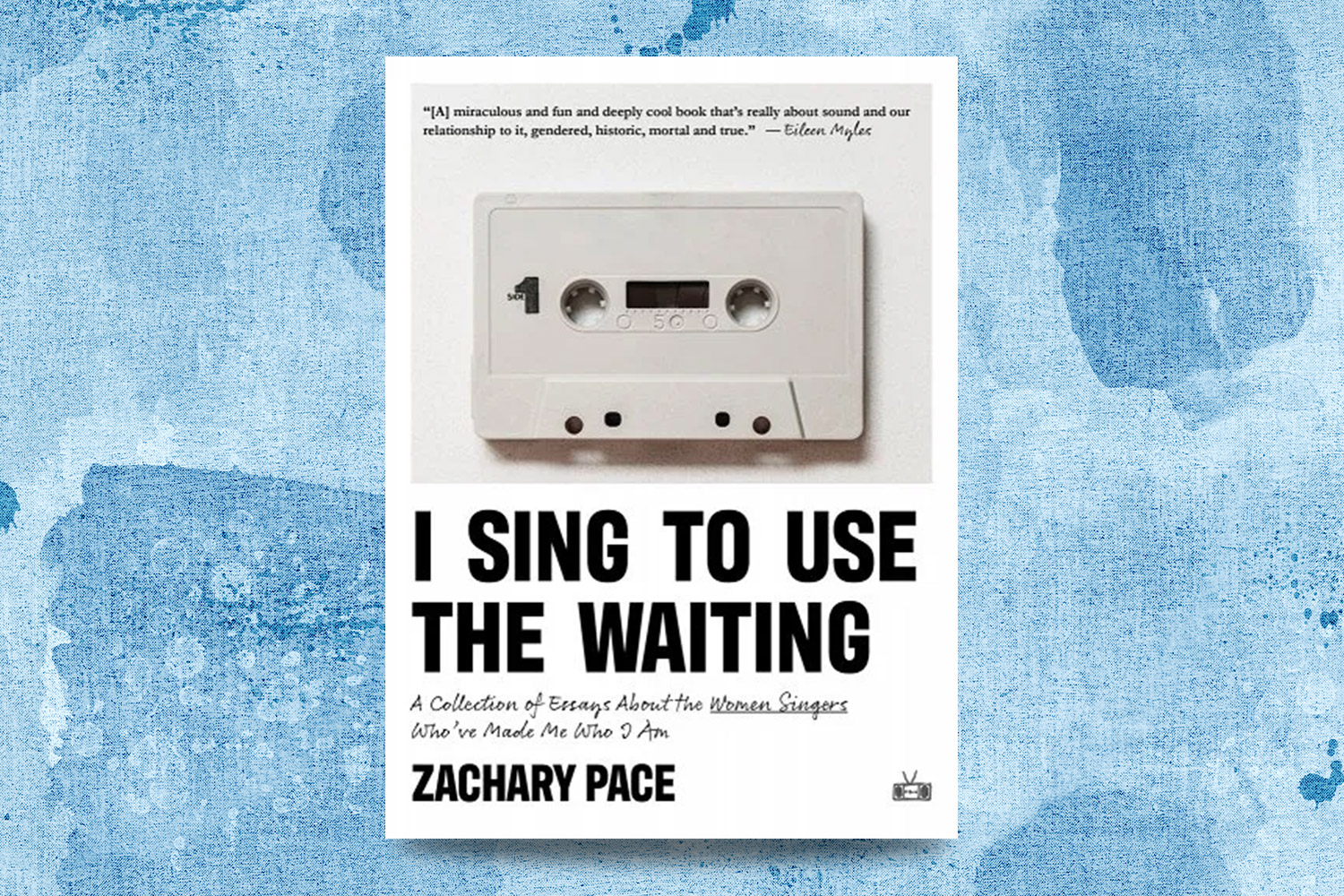
Zachary Pace, I Sing to Use the Waiting: A Collection of Essays about the Women Singers Who’ve Made Me Who I Am (Jan. 23)
For plenty of people, the music we listen to can inform our evolution and the way we see the world. For Zachary Pace, that’s included a vast array of female singers — including Madonna, Cat Power and Whitney Houston. In I Sing to Use the Waiting, Pace chronicles their shifting musical tastes and how these artists, along with others, factored into significant moments in their life.
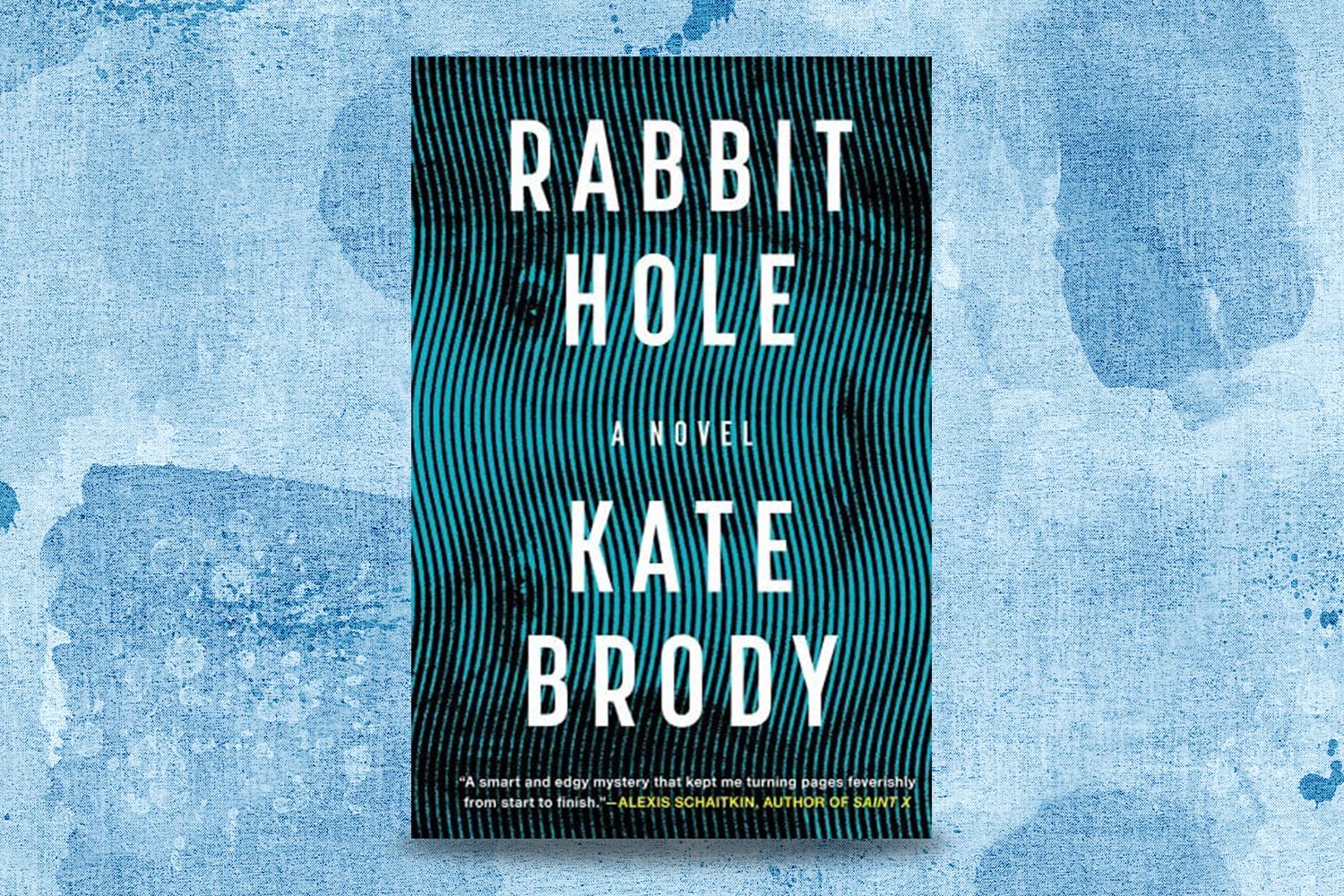
Kate Brody, Rabbit Hole (Jan. 2)
Conspiracy theories, internet communities and the omnipresence of true crime: they’re all parts of our world, but they’re also central to Kate Brody’s new novel Rabbit Hole. “I’m anthropologically fascinated with the depersonalization that occurs on social media platforms,” Brody said in a recent interview — and this book’s depiction of a woman seeking the truth about her vanished sister turns that into the stuff of mesmerizing drama.
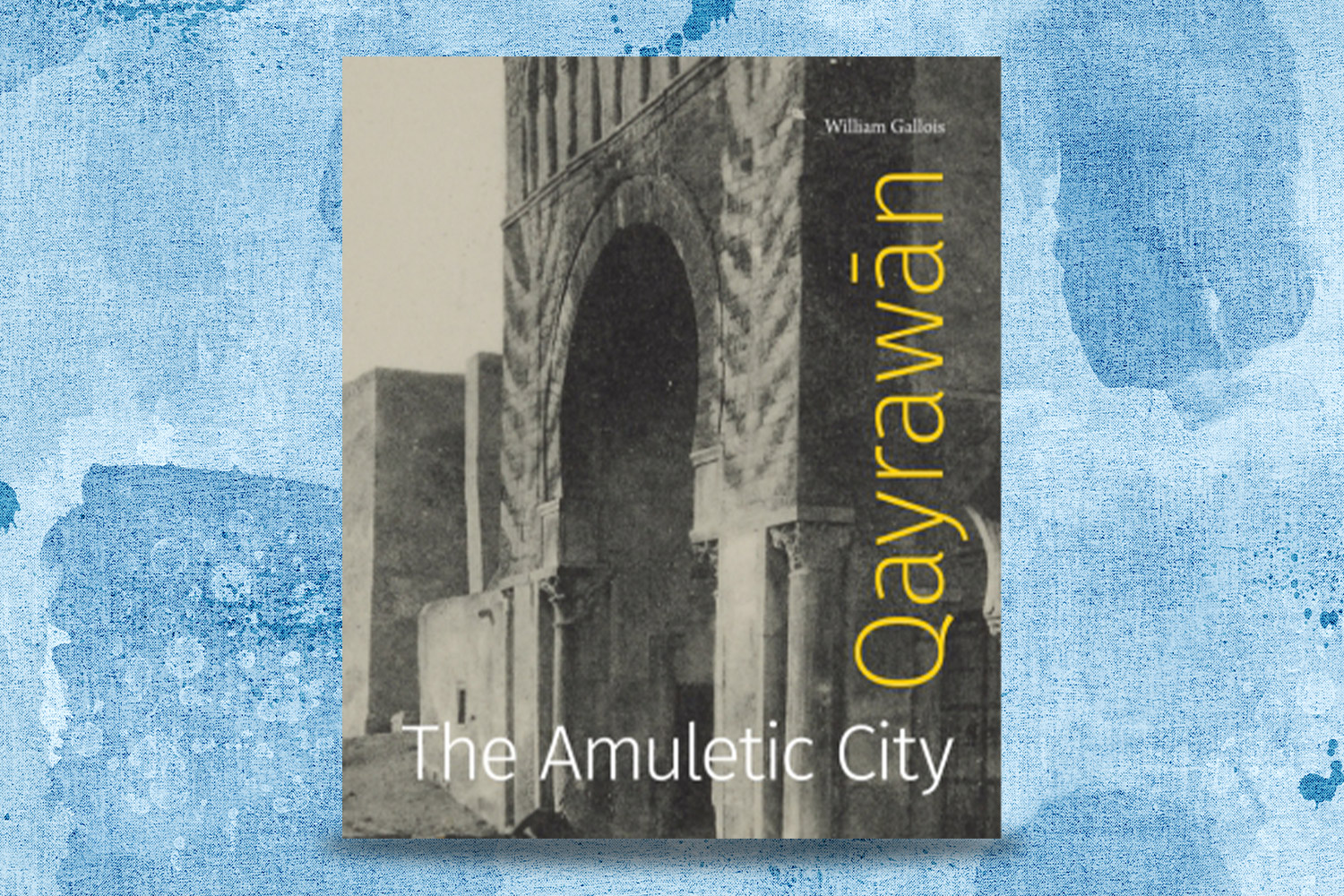
William Gallois, Qayrawān: The Amuletic City (Jan. 23)
Travel to Tunisia and you might make your way to Qayrawān, also known as Kairouan — a UNESCO World Heritage Site that’s home to historic architecture that has stood for centuries. In this new book, historian William Gallois zeroes in on a particular moment in the city’s history, when evocative murals covered its walls, and revisits what they looked like and why were initially created.
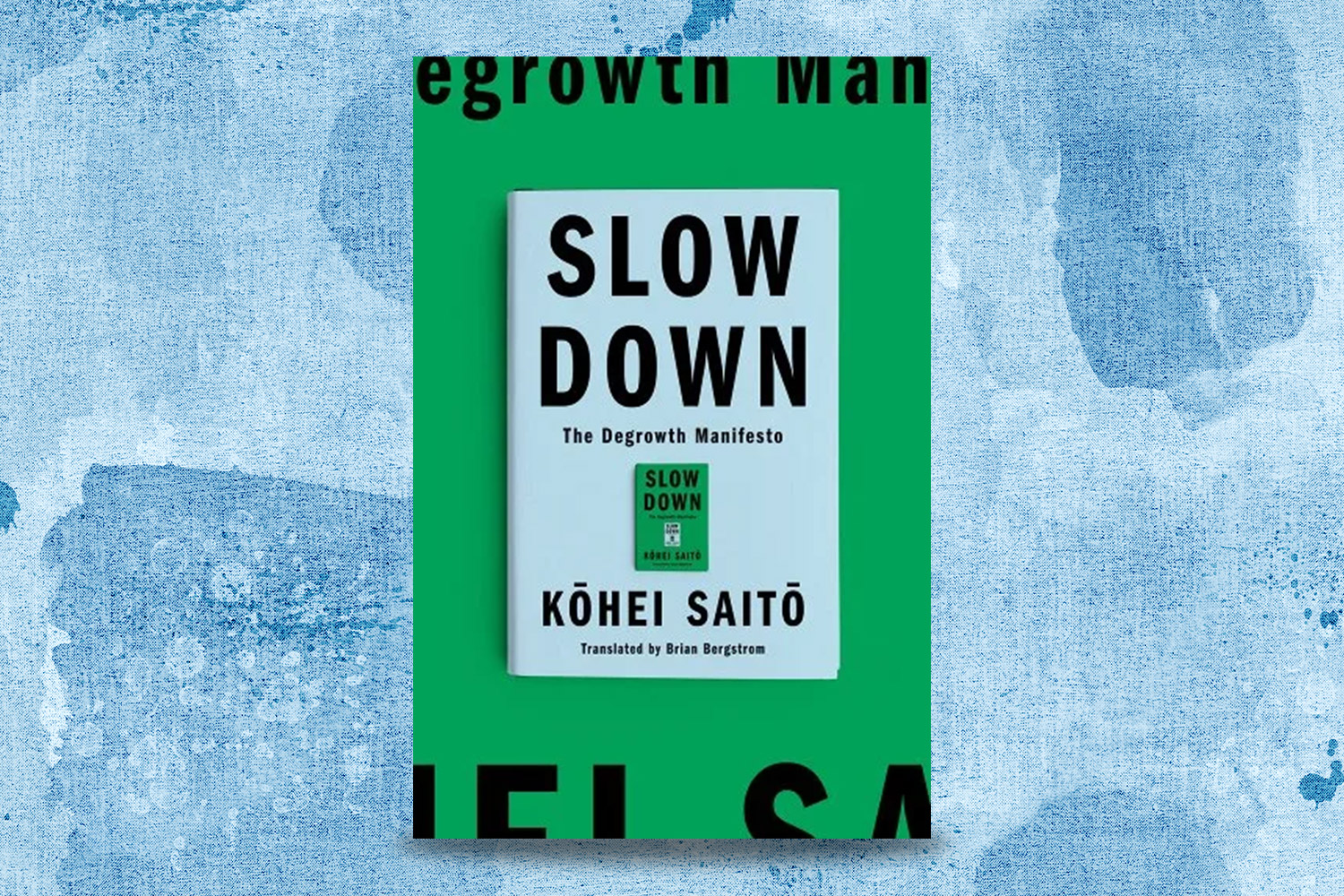
Kohei Saito, Slow Down: The Degrowth Manifesto (Jan. 9)
Kohei Saito’s Slow Down: The Degrowth Manifesto (here translated by Brian Bergstrom) was described in The New York Times as a surprise hit upon its 2020 release in Japan. Now, its author’s unexpected and potentially contrarian argument — that slowing spending and reducing working hours — is set for release in the U.S. Looking to start out the year with some big ideas? Look no further.
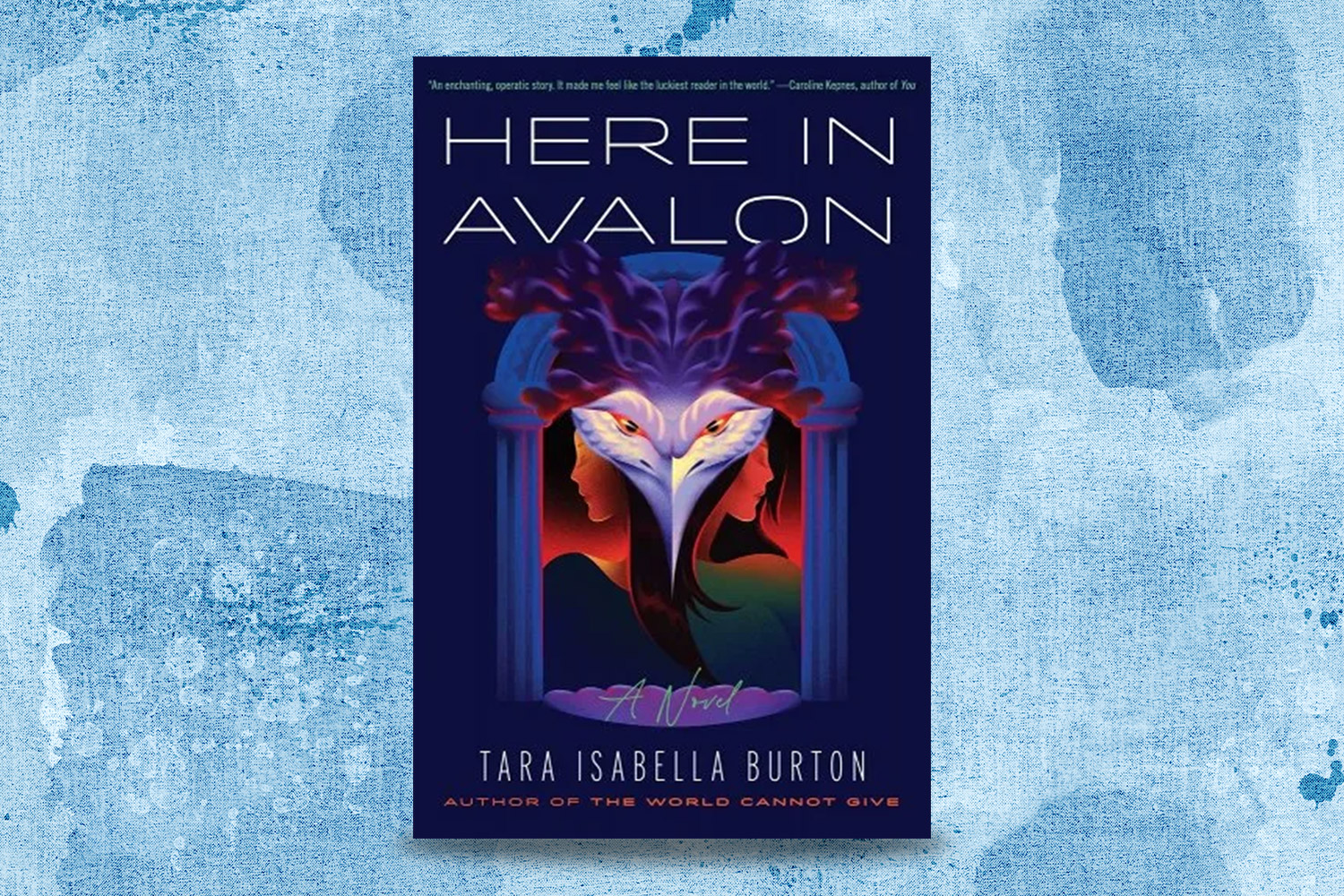
Tara Isabella Burton, Here in Avalon (Jan. 2)
In her books to date, Tara Isabella Burton has alternated between high-concept looks at art and society and probing psychological thrillers. Her latest, the novel Here in Avalon, falls into the second category — though the presence of a secret cabaret that might actually be a cult puts it somewhere between the two. If you’re looking for a compelling blend of pulpy thrills and big ideas, you’re likely to find it here.
The 10 Best Books of 2023
This year’s best books embraced contradictions and big ideas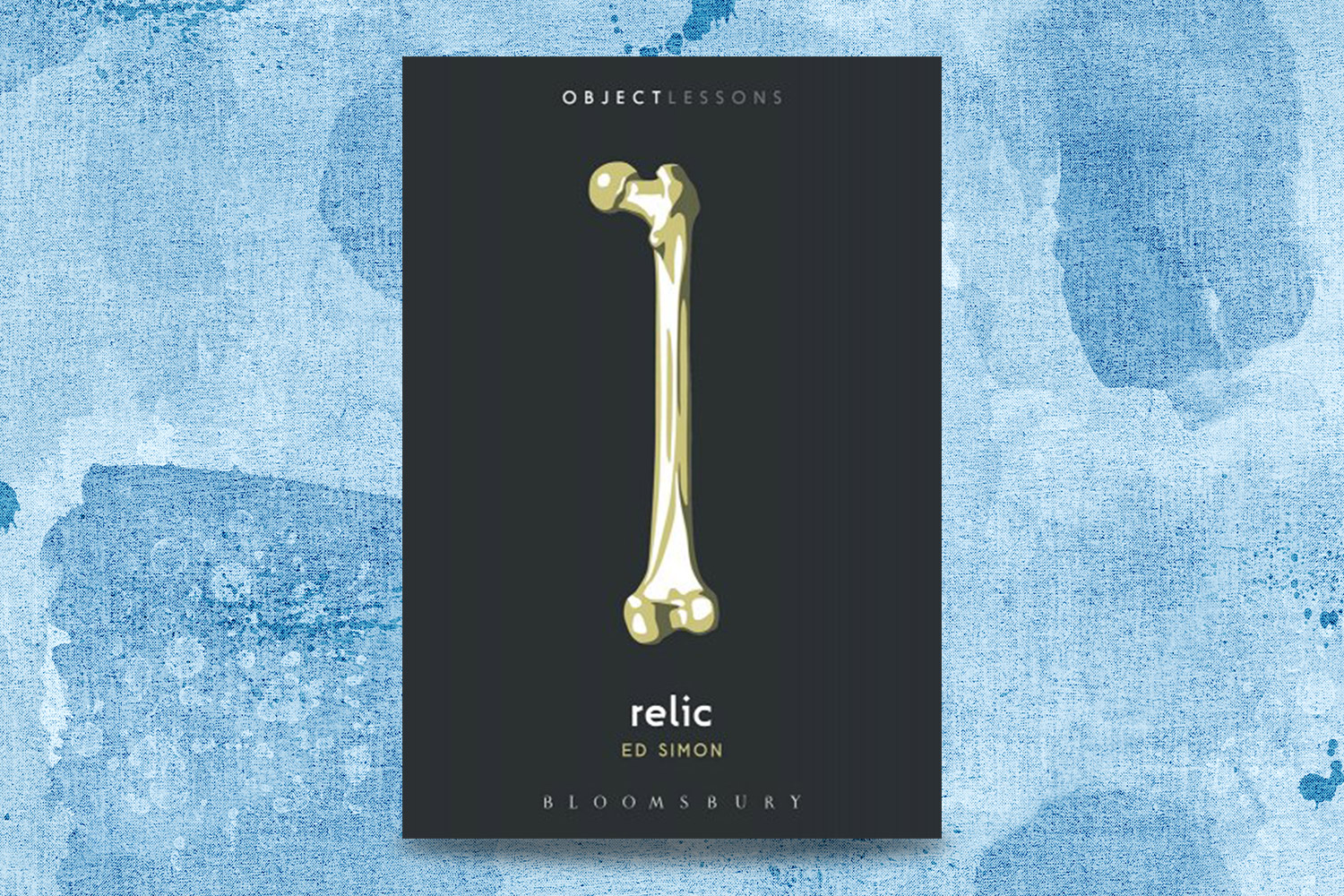
Ed Simon, Relic (Jan. 11)
The works of Ed Simon have covered a lot of ground, thematically and historically. (I’m partial to his 2020 book Printed in Utopia: The Renaissance’s Radicalism, myself.) His new book Relic is part of the Object Lessons series (full disclosure: I’ve written a book in this series as well), and asks a big question: what is it that makes something a relic? In the pages that follow, Simon explores both the secular and sacred implications of this, encompassing disparate historical figures along the way.
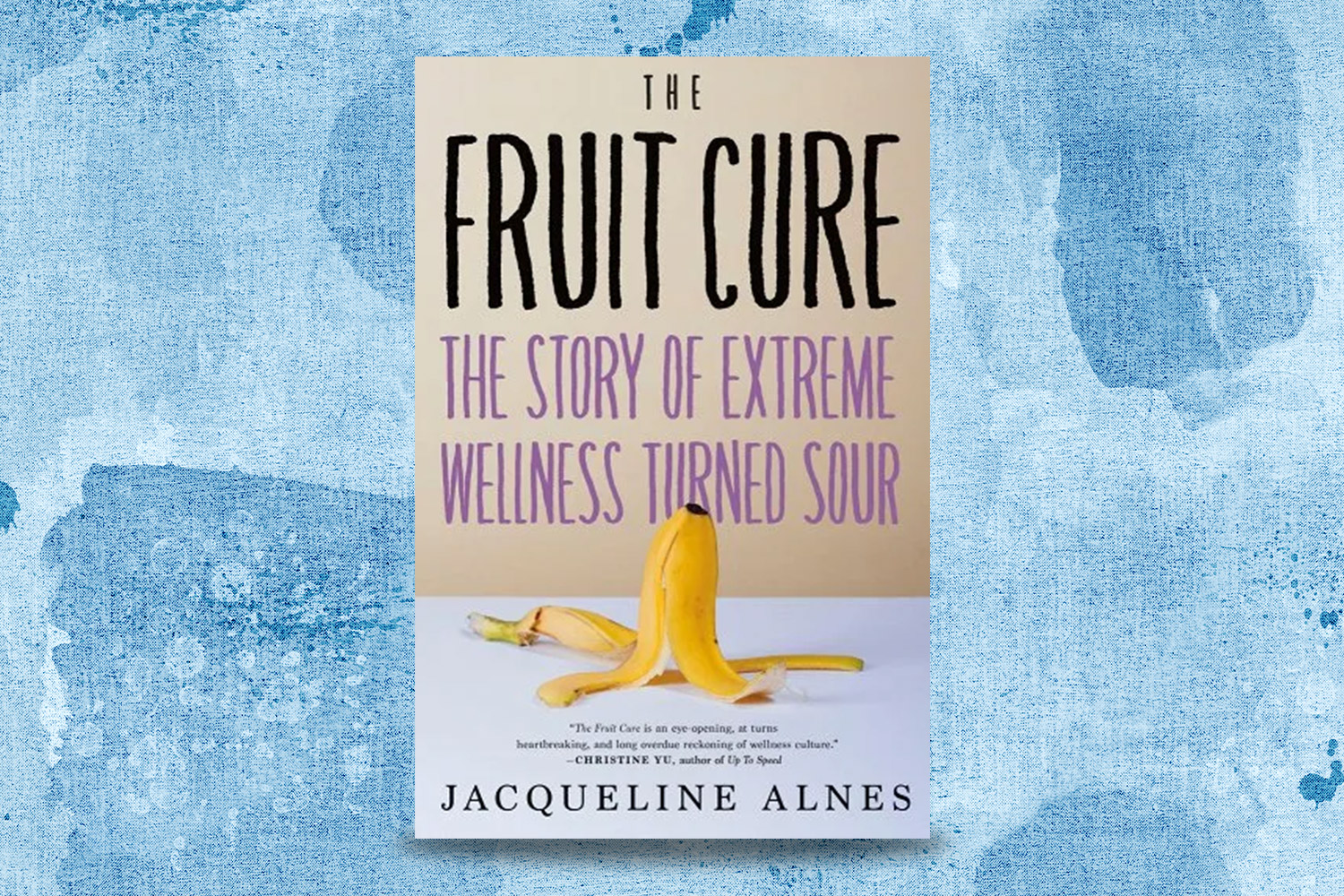
Jacqueline Alnes, The Fruit Cure: The Story of Extreme Wellness Turned Sour (Jan. 23)
We live in a moment when discussions of wellness are more widespread than ever before — even if some of the solutions offered therein are more hazardous than they seem. In her book The Fruit Cure, Jacqueline Alnes discusses the health issues that halted her athletic pursuits — and the community that promised relief only to reveal themselves to hold unexpected dangers.
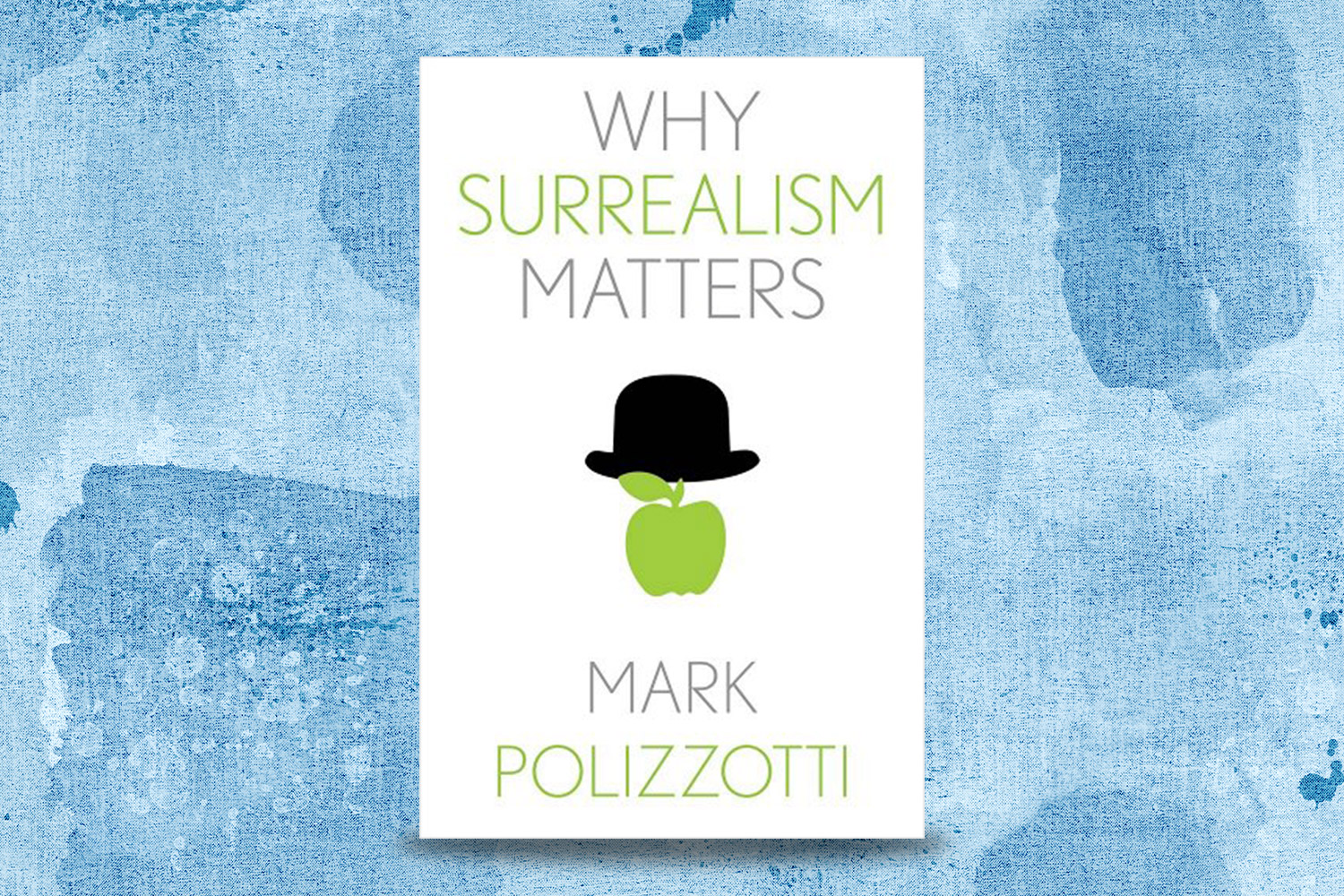
Mark Polizzotti, Why Surrealism Matters (Jan. 9)
“Surreal” is a word that’s getting a lot of use these days, whether it’s in talking about a specific art movement or narrative works that tell stories in an unexpected way. (The film Poor Things is a good example.) But what does Surrealism actually mean in 2024? That’s the question Mark Polizzotti seeks to answer in this new book, which touches on everyone from Leonora Carrington to Monty Python.
This article was featured in the InsideHook newsletter. Sign up now.
